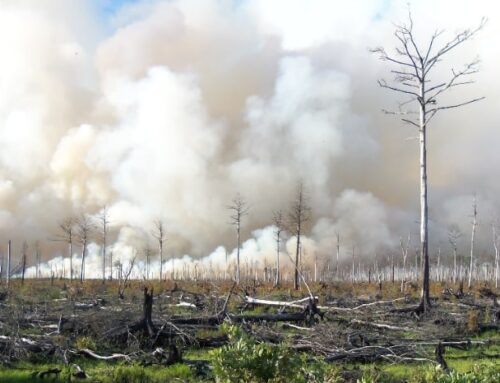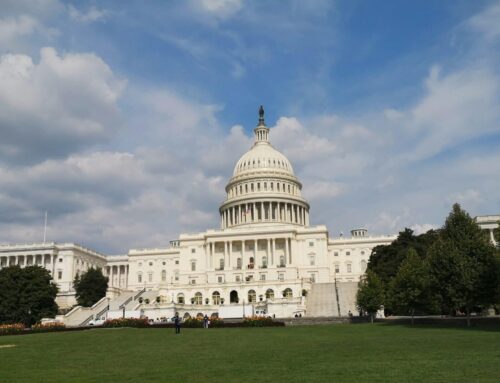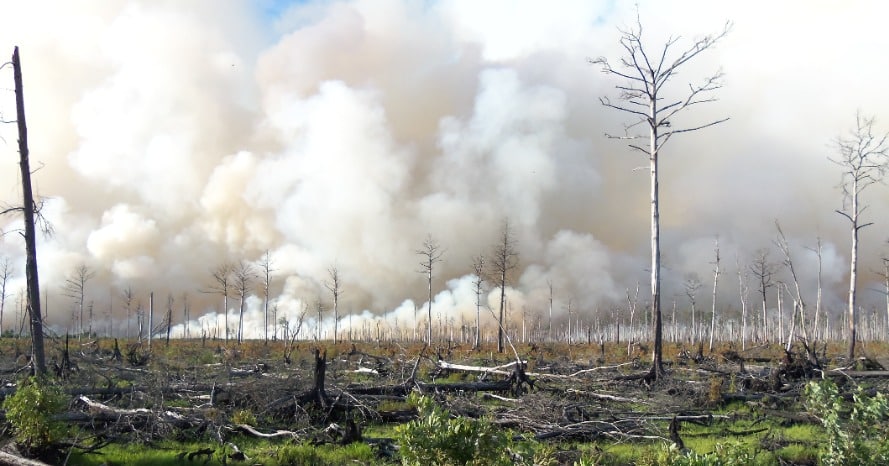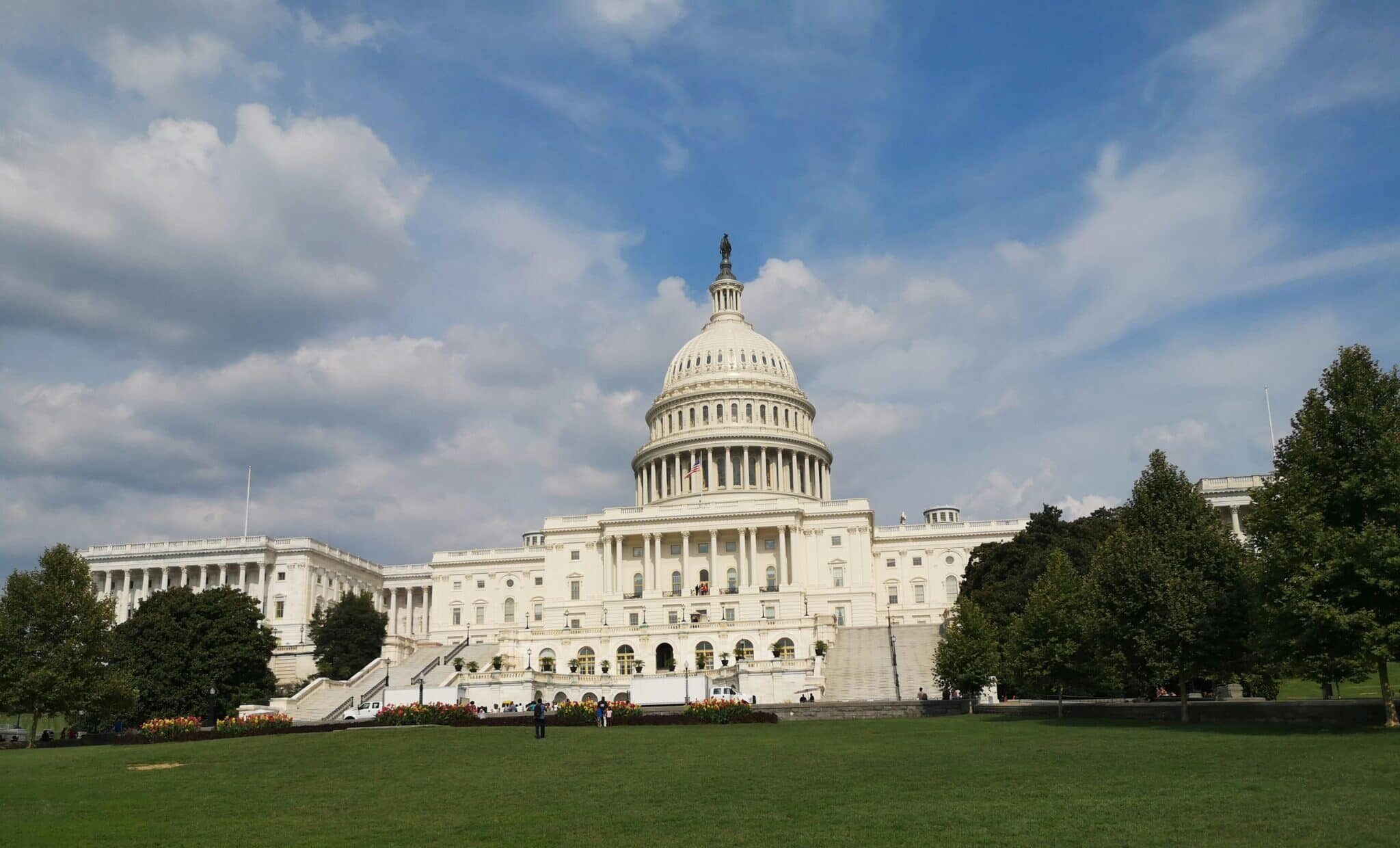TCS sent the following comments to the Office of Natural Resource Revenue (ONRR) on their proposed rule for Coal Valuation reform.
Click [HERE] for a PDF version of these comments.
 Armand Southall
Armand Southall
Comments to the Office of Natural Resource Revenue (ONRR) on the Consolidated Federal Oil and Gas and Federal and Indian Coal Valuation Reform, Proposed Rule;
Taxpayers for Common Sense (TCS) provides the following comments to the Office of Natural Resources Revenue’s (ONRR) proposed rule “Consolidated Federal Oil and Gas and Federal and Indian Coal Valuation Reform,” which will amend the current regulations at 30 CFR part 1202, subpart F, and part 1206, subparts C, D, F, and J, governing the valuation, for royalty purposes, of oil, gas, and coal produced from Federal leases and coal produced from Indian leases. TCS is a national non-partisan budget watchdog that has been working on behalf of the nation’s taxpayers since 1995.
TCS appreciates ONRR’s efforts to reform the process of determining the value of federal oil, gas, and coal for purposes of determining royalties owed. Revenues from the collection of royalties represent one of the largest non-tax income sources for the federal government. Fair and accurate collection is necessary to ensure taxpayers are receiving what they are owed. ONRR has suggested that the proposed rulemaking is meant to be revenue-neutral, but we urge ONRR to consider whether past royalty calculations have in fact yielded fair return to the Treasury.
Numerous outside reviews have suggested that ONRR’s valuation methodology has under-valued federal resources. The federal coal program has been repeatedly criticized by offices like the Government Accountability Office and the Inspector General at the Department of Interior (DOI) for failing to capture a fair return for taxpayers. This rulemaking represents an opportunity to correct this longstanding problem.
The problems within the system have led to a lack of accountability, transparency and accuracy in calculating, collecting, and auditing payments to the federal treasury. It is from this perspective that we would like to comment on the proposed rule.
Default Valuation Mechanism for Oil, Gas, and Coal
ONRR has proposed adding a new “default provision” to address valuation when it determines:
- a contract does not reflect total consideration,
- the gross proceeds accruing to lessee or lessee’s affiliate under a contract do not reflect reasonable consideration due to misconduct or breach of the duty to market for the mutual benefit of the lessee and the lessor, or
- it cannot ascertain the correct value of production because of a variety of factors, including, but not limited to, a lessee's failure to provide documents.
“In these cases, the Secretary may enforce his/her authority and exercise considerable discretion to establish the reasonable value of production using a variety of discretionary factors and any other information the Secretary believes is appropriate.” 80 FR 609-610.
TCS supports the creation of the proposed default mechanism for determining value of oil, gas, and coal for purposes of royalty calculation and the similar mechanism ONRR proposes for establishing the values of a lessee's transportation, processing, and coal washing allowances. The creation of the default mechanism is consistent with the DOI mandate to capture a fair return use of the public lands and their resources on behalf of taxpayers.
Valuation Methodology
Non-Arm’s-length Transactions
For federal gas, ONRR has proposed replacing the existing system of “benchmarks” for lessee sales to affiliates (non-arm’s-length) with a new valuation methodology based on the gross proceeds from the first arm's-length sale of the gas, less applicable allowances. This applies “regardless of whether [the lessee] sell[s] or transfer[s] gas to one or more affiliates or other persons in non-arm's-length transactions before the first arm's-length sale, and regardless of the number of those non-arm's-length transactions.” It includes within the definition of non-arm’s-length sales transactions with a person with whom its relationship is not one of “opposing economic interests.” 80 FR 616-617.
ONRR has also proposed that a lessee may elect to use an index price valuation methodology based on publicly available index prices, less a specified deduction to account for processing and transportation costs, in lieu of valuing its gas on the gross proceeds accruing under the first arm's-length sale. This is similar to the methodology ONRR adopted for oil valuation in 2000. 80 FR 617.
For federal coal, ONRR similarly proposes to eliminate the benchmarks for valuation of non-arm's-length sales and value the coal based on the first arm's-length contract, less applicable allowances (unless ONRR decides to value the coal through the new “default” provision). This proposed rule defines a coal cooperative as “an entity organized to provide coal or coal-related services to the entity's members (who may also be owners of the entity), partners, and others” and considers a coal cooperative and its members/owners as affiliated because they operate without opposing economic interests. For companies that produce coal and sell it to an affiliate that uses the coal to generate electricity, including within a cooperative, the royalty value is the sales value of the electricity, less applicable allowances. 80 FR 628.
TCS supports the use of gross proceeds from the first arm’s-length sale as an alternative to the existing benchmarks. The Mineral Leasing Act vests responsibility in DOI to charge royalties based on the actual value of publicly owned minerals. Under current rules, the value may be set in non-arm’s-length sales between two entities with interlocking ownership, allowing the entities to collude and set a low price to reduce royalties. The proposed rule would ensure that the value for royalty recovery in a non-arm’s-length transaction is established through the price set in sales between unrelated parties – the economic gold standard of “arm’s-length transactions” establishing value in the market. While efforts by DOI to estimate value have become more accurate over time, this proposal will look to actual transactions to set value, which is obviously the best reflection of value in the market.
Arm’s-length Transactions
ONRR is proposing no changes to the valuation of arm's-length coal sales. 80 FR 609.
It is important that ONRR reform the valuation methodology for non-arm’s-length sales, as they account for a growing proportion of coal sales overall, according to the Energy Information Agency’ annual coal report. However, more than three-fourths of coal sales nationwide in 2012 were not captive sales. Therefore, the proposed rule does not contemplate changes to the existing system of valuing coal for the purposes of royalty calculation for the majority of coal sales.
TCS urges ONRR to consider how it can reform the federal coal system to increase revenues and ensure a fair return to taxpayers. Multiple reports from the Government Accountability Office (GAO-14-140) and the Inspector General at DOI (CR-EV-BLM-0001-2012) have criticized the federal coal program for failing to capture a fair return for taxpayers. One option that is within the scope of this rule is to reform the existing system for valuation of arm’s-length sales, in addition to the proposed reforms to non-arm’s-length sales.
ONRR has the authority under the Mineral Leasing Act to set any justifiable standard for “value.” As the proposed rule states, “ONRR has the authority and responsibility to establish the reasonable value of production for royalty purposes and possesses considerable discretion in determining that value.” 80 FR 614.
TCS believes it is reasonable to set this standard as the price the market will bear for federal coal. Especially with regard to the Powder River Basin, the “market price” is significantly higher than the price of the coal at the mouth of the mine, which may be located a great distance from consumers. Evaluating the effective royalty rate currently paid by lessees, using the price paid for federal coal by consumers as the market value, it becomes clear that coal companies are paying royalties at a rate well below the royalty rate set in regulation or in the terms of individual agreements. It is not unreasonable to reform the valuation process in order to capture the full royalty based on the market value of the coal.
Given the disparity between the price of coal at the mine mouth and at market, there appears to be a market failure within the coal industry. While the proposed rule anticipates and responds to possible undervaluation that can occur from non-arm’s-length sales among affiliates, it does not correct the overarching problem of rent seeking among independent brokers. Coal companies are increasingly integrating in response, in order to internalize transportation costs from mine to market. According to Energy Information Agency data,[1] captive sales/ transactions accounted for 8 percent of total sales in the U.S. in 2002, increasing to 12.1 percent in 2005, 21.9 percent in 2010, and 22.6 percent in 2012.
Given the difficulty in collecting “downstream” prices, the best option is likely an index price valuation methodology similar to that of the oil and gas valuation systems. TCS urges ONRR to explore the option of an index valuation methodology for coal.
Transportation and Processing Allowances
The most significant change to allowances for costs in the proposed rule is the elimination of a transportation allowance for the movement of oil and gas produced on the Outer Continental Shelf (OCS) from the wellhead to the first platform. This change appears to be in response to industry efforts to deduct “gathering” costs as transportation costs. As ONRR states, “lessees have taken transportation allowances under the Deep Water Policy, in some instances, for movement ONRR considers non-deductible “gathering” under its regulations.” 80 FR 624. Consequently, this proposed change appears to be more of a correction than a substantive change to the intent of existing allowances. ONRR estimates this change will cost the industry $20.5 million (mid-range).
In addition, ONRR proposes to eliminate the provision that allows a lessee to request an extraordinary processing cost allowance and to terminate extraordinary cost processing allowances previously granted. According to ONRR, it has only granted this exception on two occasions. ONRR estimates this change will cost the industry $18.5 million. 80 FR 637.
ONRR also proposes to eliminate the provision that allows lessees to report transportation costs, in certain circumstances, as a transportation factor and would now require lessees to report separately all transportation costs under both arm's-length and non-arm's-length sales contracts. 80 FR 615.
The proposed rule would not change any of the existing transportation or washing allowances for federal coal.
Current rules effectively discount the transportation and processing costs borne by drilling and mining companies by making these costs deductible from the sales value used to calculate royalties due, which artificially creates a disincentive for these companies to reduce costs. Furthermore, the current allowances also require both ONRR and the regulated companies to conduct extensive analysis and documentation of expenses in order to determine eligible deductions. Thus, eliminating these allowances would encourage companies to cut costs and eliminate the expensive, time-consuming process of calculating deductions.
At the same time, the total royalties paid by oil and gas and coal companies would not increase significantly if allowances for transportation, processing, and washing were eliminated completely under the current system of valuation.
According to data recently released by ONRR as a result of TCS Freedom of Information Act request,[2] since 2006 the coal industry has sold coal from federal leases worth in excess of $29.9 billion. On these sales, after deducting costs of washing and transportation, the industry paid the federal government $3.3 billion in royalties. If allowances were eliminated, royalty payments during this period would have been $16.4 million greater, an increase of 0.5 percent.
Similarly, allowances are too small to have a meaningful effect on oil and gas industry decisions to drill on federal lands and waters. From 2006-2013, transportation and processing allowances reduced royalty payments of oil and gas companies by $435 million, equal to roughly 0.6 percent of the total royalties these companies paid during this period, $70.4 billion.
In general, TCS believes transportation, processing, and washing allowances are a form of subsidy and should be repealed.
Conclusion
Revenues from the collection of royalties represent one of the largest non-tax income sources for the federal government. Fair and accurate collection is necessary to ensure taxpayers are receiving what they are owed. ONRR has suggested that the proposed rulemaking is meant to be revenue-neutral, but we urge ONRR to broaden the proposed changes to increase revenues from federal coal in order to capture a fair return for taxpayers.










